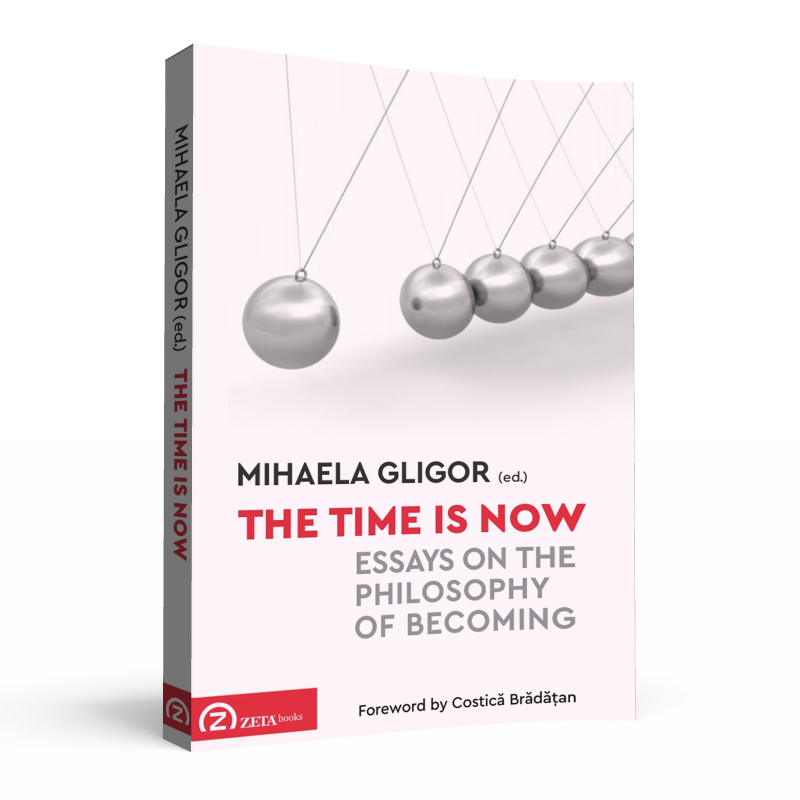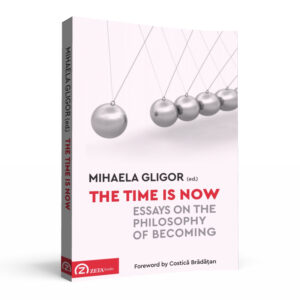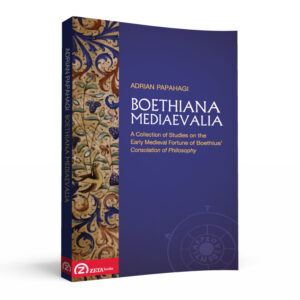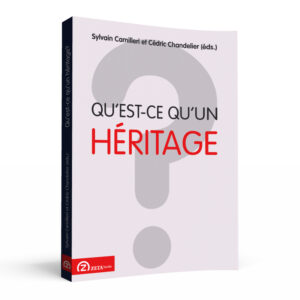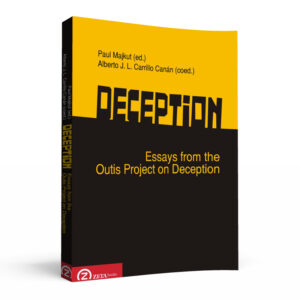[Preview]
The time for what? The title of Mihaela Gligor’s edited collection is wonderfully flexible, as anything having to do with time should be. There is something not only boundless about time, but also raw and untamed. In its pure form, time would be too much for us to handle. We would be crushed by the sheer immensity of it, or else we would lose our minds trying to make sense of such unmediated time. Luckily, for the most part we don’t experience time in its pure form. Time comes to us already processed: shaped, engineered, tamed. The volume does fine justice to the notion that we experience time as already shaped by religion, politics, and culture. Whether its contributions cover religious or political figures, philosophers or poets, mystics or physicists, they show – sometimes explicitly, sometimes more discreetly – how difficult it is to deal with time in a pure, unmediated form. The contributors’ cultural, religious, and intellectual rooting inform the way think about time, just as about anything else. Which, far from being a weakness, is something to be recognized and celebrated. (Costică Brădățan, Texas Tech University, U.S.A.)
CONTENTS
Costică BRĂDĂȚAN, Foreword
Mihaela GLIGOR, Introduction. The Time is Now. On the Philosophies of Today
Douglas ALLEN, Philosophies of Becoming: Mythic Constructions, the Buddha’s Philosophy, and Gandhi’s Philosophy
Arleen IONESCU, Language as Becoming: The Cases of Self-Translation of Samuel Beckett and E. M. Cioran
Claudiu MESAROȘ, Aristotle on Becoming and Meanings of Time
Carl OLSON, Repetition, Différance, and Being-time: Deleuze, Derrida, and Dōgen on Time and Becoming
Steven SAVITT, Chronogeometrical Determinism and the Local Present
Michal VALČO, Being “in the Truth” as the Path to Freedom and Reconciliation: Inspirations from Christian Kenotic Agapeism
ISBN: 978-606-697-130-0 (paperback)
ISBN: 978-606-697-131-7 (ebook)

